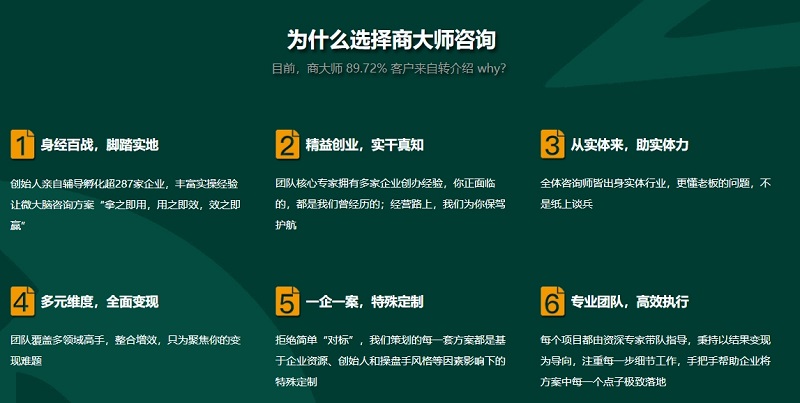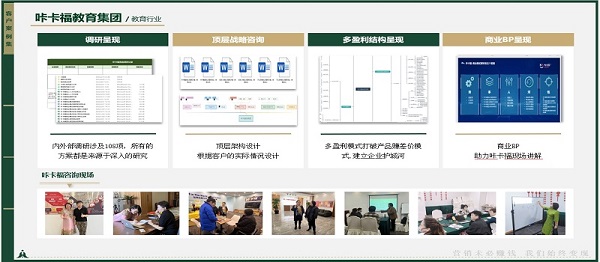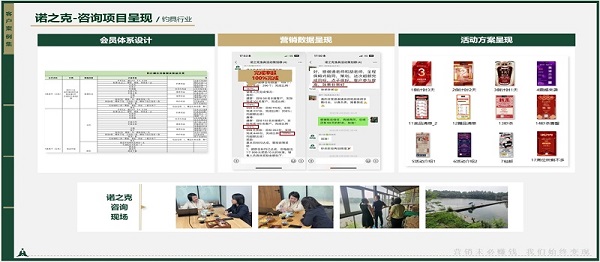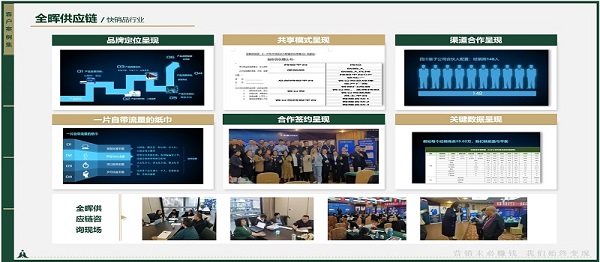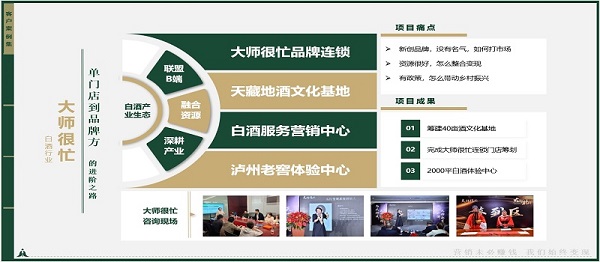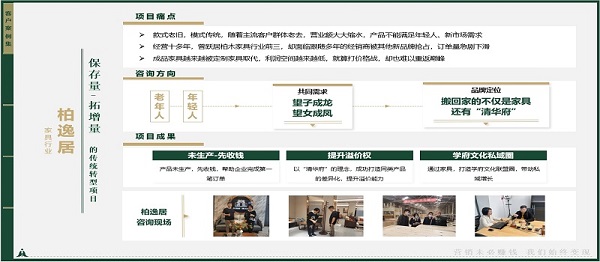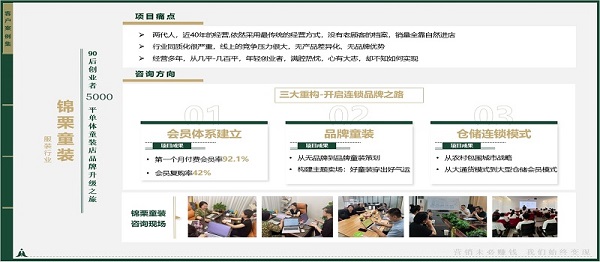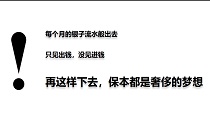品牌策略的核心要素
Brand strategy is a long-term plan to develop a successful brand in order to achieve specific goals. well-defined brand strategy encompasses multiple elements, including brand positioning, core values, target audience, and communication channels. It serves as a foundation for building brand recognition, loyalty, and differentiation in competitive markets.

品牌定位与差异化
Brand positioning defines how a brand wants to be perceived by consumers relative to competitors. This involves identifying unique selling propositions (USPs) and crafting messages that highlight these distinctions. Differentiation can be achieved through product quality, pricing strategies, or emotional storytelling, ensuring the brand occupies a distinct space in the market.
品牌传播与消费者互动
Effective brand communication requires consistent messaging across all touchpoints, from advertising to social media. Engaging with consumers through personalized experiences, content marketing, and community-building activities strengthens brand affinity. Data-driven insights help optimize campaigns to resonate with evolving consumer preferences.

品牌延伸与创新
Brand extension involves leveraging existing brand equity to enter new markets or product categories. However, this requires careful alignment with the brand's core identity to avoid dilution. Innovation—whether in product design, sustainability practices, or digital transformation—keeps the brand relevant and future-proof.

品牌危机管理
Proactive crisis management plans are essential to protect brand reputation. Transparent communication, swift response mechanisms, and accountability during crises help maintain consumer trust. Post-crisis analysis provides opportunities to refine strategies and rebuild stronger connections.
如何制定有效的品牌策略?
Start with market research to understand industry trends and consumer needs. Define clear objectives and align them with the brand's mission. Develop a cohesive visual and verbal identity, then implement through integrated marketing efforts. Regularly measure performance metrics like brand awareness and customer retention to adjust tactics.
品牌策略与市场定位的关系
Market positioning focuses on a product's place within a category, while brand strategy addresses the broader emotional and psychological connection with audiences. The two must work synergistically—positioning provides competitive context, while brand strategy builds lasting relationships beyond functional benefits.
中小型企业如何优化品牌策略?
Focus on niche markets to establish expertise and credibility. Utilize cost-effective digital tools for targeted outreach, such as social media or influencer partnerships. Prioritize customer experience to foster word-of-mouth referrals. Even with limited resources, consistency in messaging can create significant impact.
如何衡量品牌策略的成功?
Key performance indicators include brand recall surveys, social media engagement rates, and conversion metrics. Track customer lifetime value and net promoter scores (NPS) to gauge loyalty. Qualitative feedback from focus groups also reveals perceptions that quantitative data may overlook.
品牌危机为何需要预先规划?
Unforeseen events—from PR scandals to supply chain failures—can rapidly damage reputation. Preparedness through scenario planning and crisis simulations reduces response time. Establishing a trusted spokesperson and communication protocol ensures the brand maintains control over narratives during turbulent periods.

